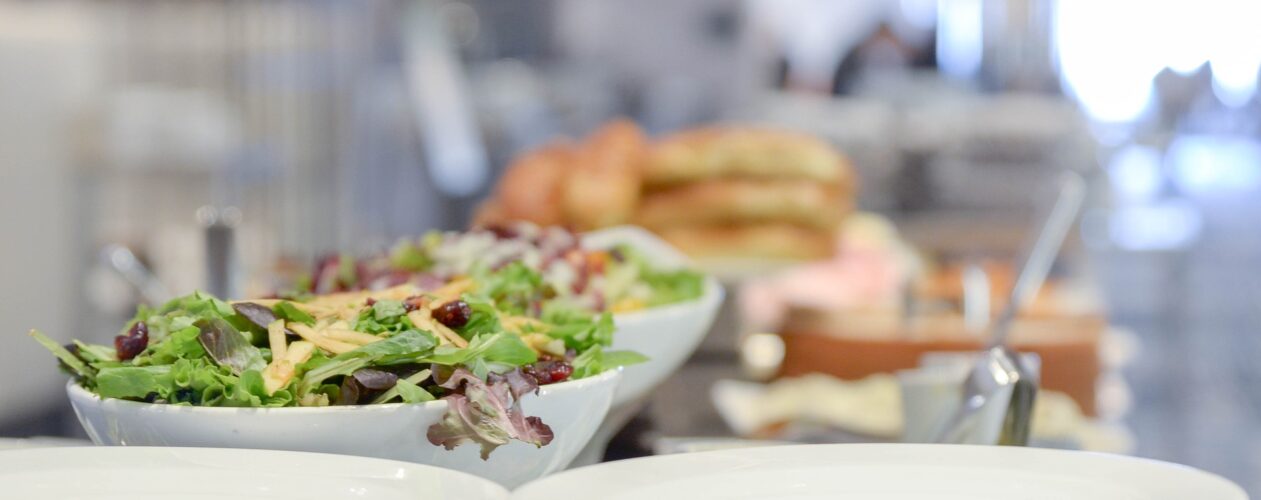
Organizing a successful event is not just about the décor and venue; it’s also about creating a culinary experience that resonates with your guests. Whether you’re planning a corporate gathering, a wedding celebration, or a casual get-together, selecting the right food is a crucial element that can elevate the entire event. Here’s a comprehensive guide to help you determine the perfect culinary choices for different types of events.
1. Know Your Audience: Understanding your audience is the first step in choosing the right food for your event. Consider the demographics and preferences of your guests. Are they business professionals with a preference for elegant and sophisticated dishes? Or perhaps a more casual crowd that would appreciate a diverse and interactive food experience? Knowing your audience will guide you in tailoring the culinary offerings to suit their tastes and create a memorable dining experience.
2. Match the Menu to the Event Theme: Every event has a theme, whether it’s explicitly stated or subtly implied. Aligning your menu with the event theme enhances the overall atmosphere and leaves a lasting impression. For a formal corporate event, opt for a refined menu with elegant plated dishes. A beach wedding, on the other hand, might call for light and refreshing options that complement the setting. Consistency between the event theme and the culinary choices creates a cohesive and immersive experience for your guests.
3. Consider Dietary Preferences and Restrictions: In today’s diverse culinary landscape, it’s essential to consider dietary preferences and restrictions when planning your menu. Gather information about your guests’ dietary needs, including allergies, vegetarian or vegan preferences, and cultural considerations. Providing a range of options ensures that all attendees can enjoy the culinary offerings, contributing to a positive and inclusive event experience.
4. Balance the Menu: A well-balanced menu is a key ingredient for a successful event. Consider a mix of flavors, textures, and presentation styles to keep your guests engaged and satisfied. Include a variety of appetizers, main courses, and desserts to cater to different tastes. If your event spans several hours, incorporating light bites and refreshments throughout ensures sustained enjoyment without overwhelming your guests.
5. Consult with Culinary Experts: Don’t hesitate to seek guidance from culinary professionals, such as experienced caterers or chefs. Their expertise can help you navigate the vast world of culinary options, ensuring that your menu not only meets but exceeds expectations. Collaborate with your chosen culinary experts to customize the menu based on the specific requirements of your event, taking into account factors like seasonality, freshness, and presentation.
In conclusion, choosing the right food for your event is a thoughtful process that involves understanding your audience, aligning with the event theme, considering dietary needs, balancing the menu, and seeking professional guidance. By putting in the effort to curate a culinary experience that resonates with your guests, you’re setting the stage for an event that will be remembered long after the last bite.